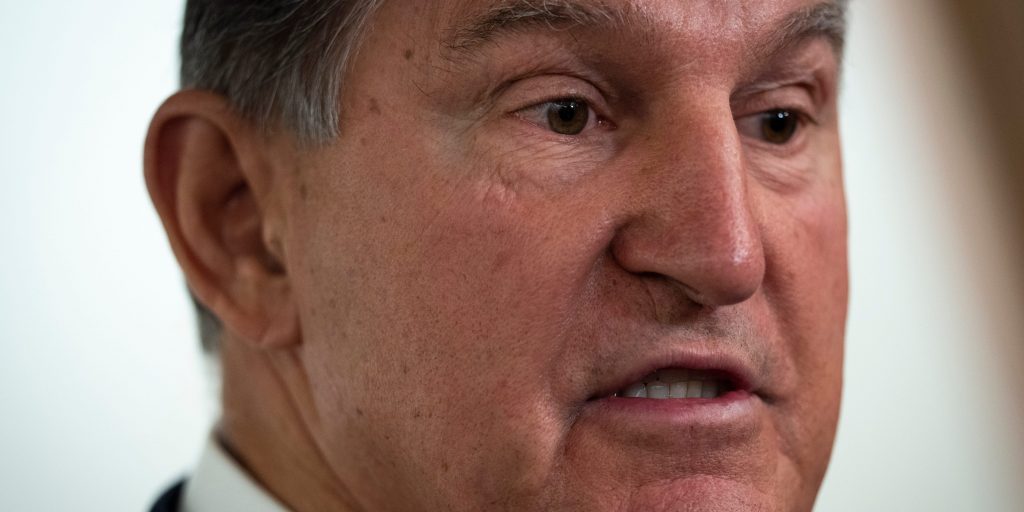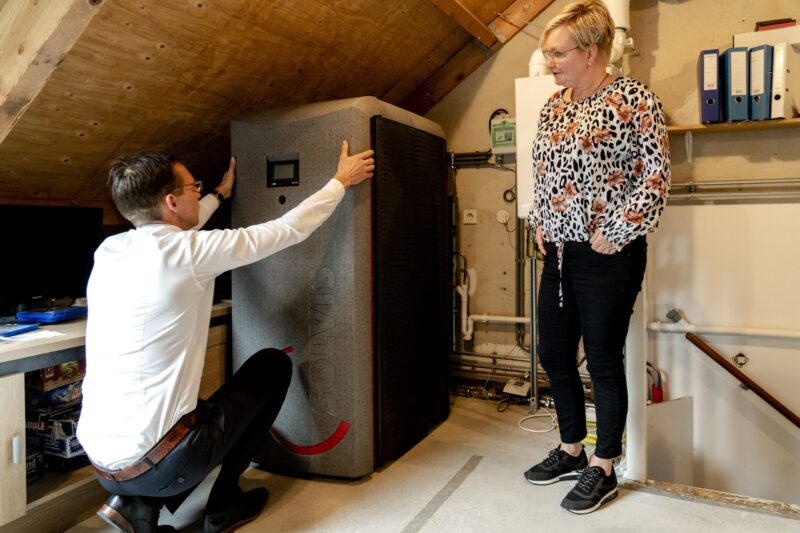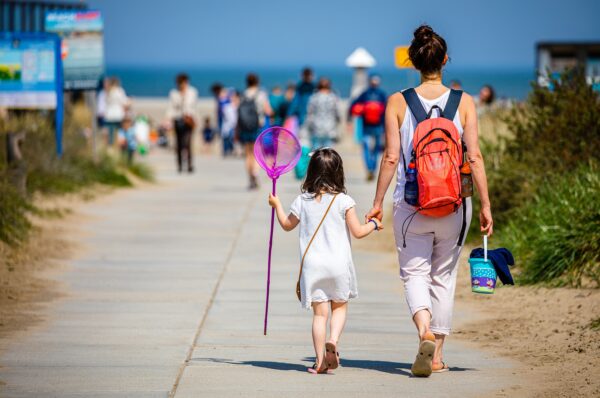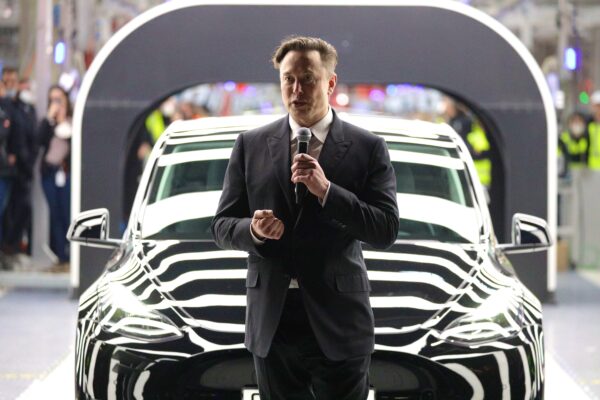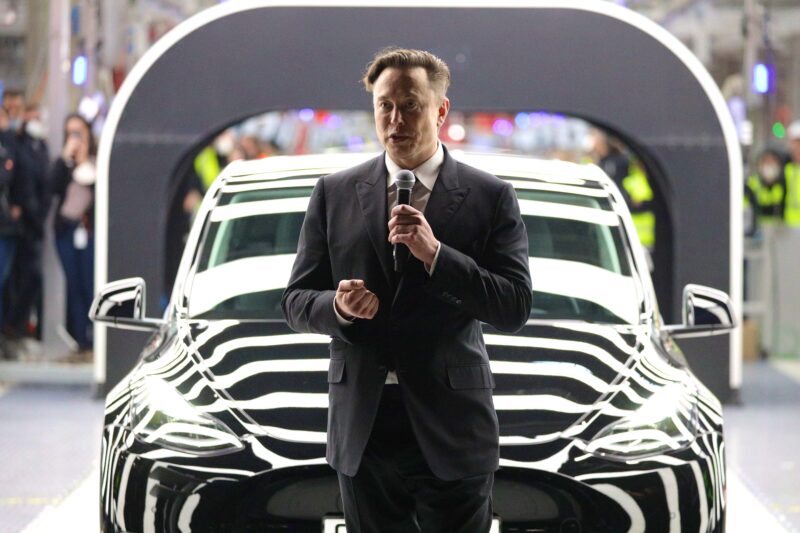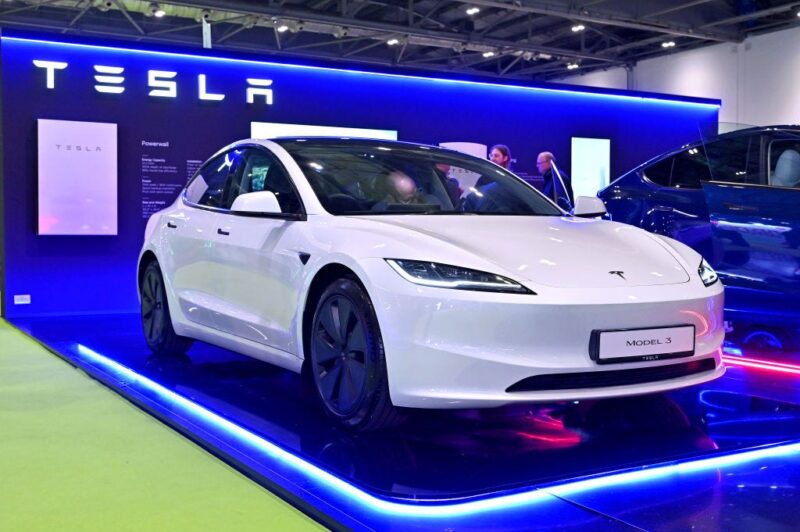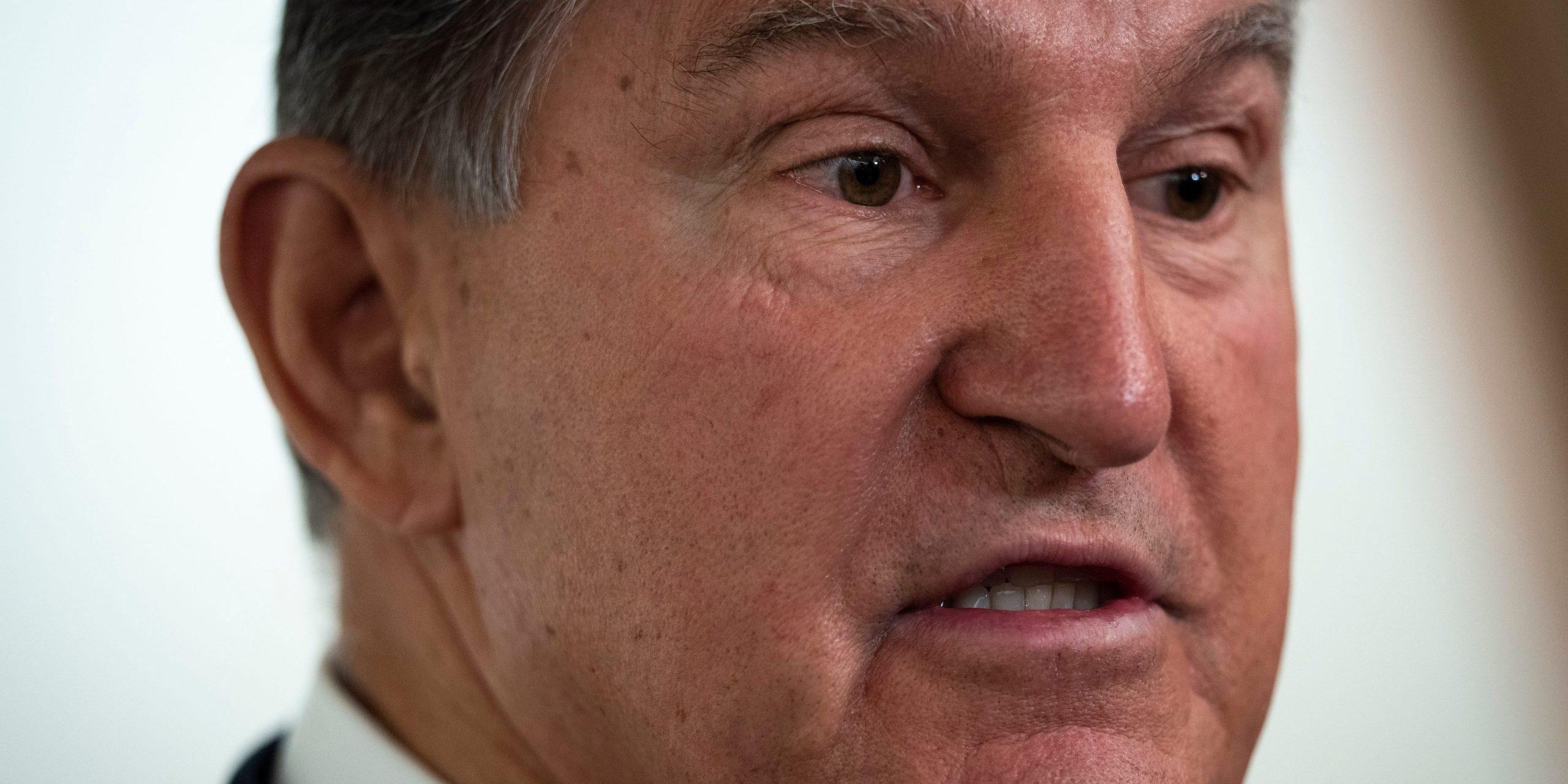
Drew Angerer/Getty Images
- Manchin is reportedly pitching a $60,000 income cap for families to get the Biden child tax credit.
- A new analysis indicates 37.4 million kids could get less federal aid if Democrats adopt it to win his vote.
- That amounts to 60% of eligible kids nationwide facing a sharp cut to government assistance, including many in West Virginia.
Sen. Joe Manchin of West Virginia is reportedly seeking a $60,000 income cap for families to get the expanded child tax credit, a key element of President Joe Biden's domestic agenda up on the chopping block as negotiations over the scope of the spending bill drag on.
For over a month, the West Virginia Democrat has pressed for a work requirement and ensure only the lowest-income households can receive fresh government assistance. He's been the sole lawmaker in either chamber promoting the limits on benefits over the objection of most Democrats, who instead favor locking in the ability of nearly all families to tap up to $300 in monthly child tax credit payments even if they don't pay taxes.
But Manchin holds outsized sway in the 50-50 Senate, given Democrats can't spare any votes in their endeavor to turn Biden's economic plans into law in the face of united Republican opposition. Details are still sparse on Manchin's proposal, but experts are beginning to model how it could pan out.
A new analysis conducted by the Niskanen Center's Robert Orr and Samuel Hammond indicated 37.4 million children could lose out on federal aid if Democrats adopted Manchin's $60,000 income cap with sizable losses falling on non-working parents who are disabled, students, or grandparents. The estimate includes 189,000 kids in West Virginia, a 58% cut in Manchin's home state.
Manchin's approach would amount to a sharp cut in government assistance for 60% of kids now benefiting from the revamped child tax credit. Biden and others are touting it as a federal measure helping stabilize people's day-to-day finances, allowing them to pay the bills, put food on the table, and weather income shocks.
That estimated reduction in coverage under the income cap assumes a sharp cutoff where families making over $60,000 would receive nothing from the expanded CTC. Niskanen's estimates don't include any potential effects from a work requirement as well, meaning the number of children losing out on benefits could be even higher.
Hammond, the Niskanen Center's welfare policy director, called it "a huge step backwards" for efforts to slash child poverty in the US within social benefit legislation Democrats are still piecing together.
"What Manchin is proposing will deal a blow to rural economies like that of West Virginia," he said in an interview, adding that it "cuts the value of the credit by at least half and probably cuts the number of children receiving the credit by well over half."
Many of the children affected would likely get at least part of an underlying $2,000 tax credit boosted under President Donald Trump. But Hammond argued the Manchin proposal would open the child tax credit to political attacks if it is perceived as a social program for only the poorest Americans, stigmatizing its beneficiaries and undercutting its odds of success.
The West Virginia Democrat has clamored for a $1.5 trillion social spending bill, a sum far lower than the $3.5 trillion that progressives like Sen. Bernie Sanders of Vermont want. Manchin has focused on the child tax credit among other proposed measures, arguing it could discourage low-income Americans from working.
There's little research so far to back that up. A study released last week from the Center on Poverty and Social Policy at Columbia University indicated the measure had "insignificant" impacts on employment after evaluating the first two rounds of payments.
Democrats are balking at Manchin's income cap. "I know Joe Manchin cares about the parents and kids in his state," Sen. Sherrod Brown of Ohio said in a statement to Insider. "He doesn't want to see working families struggling to stay in the middle class, or children living in poverty any more than the rest of us."
Brown noted Manchin had co-sponsored a bill in 2019 that would widen the credit's reach to families with little or no income taxes. "I know we'll get something across the finish line that allows parents to keep up with the cost of living and lifts kids in West Virginia and Ohio and the rest of the country out of poverty," he said.
Many House Democrats are also unsettled, particularly the centrist-leaning New Democrat coalition chaired by Rep. Suzan DelBene of Washington.
"To continue advancing the President's agenda, New Dems are focused on doing a few things better for longer in order to deliver tangible, immediate results for Americans," she said in a statement on Monday. "New Dems would have serious concerns with any changes that undermine the success of this historic opportunity for families."
Manchin, along with Sen. Kyrsten Sinema of Arizona, haven't budged from their demands for a skinnier bill. Whether their frugal attitudes extend to the child allowance may spell the difference between millions of children continuing to count on a steady flow of aid or being left in the lurch.
